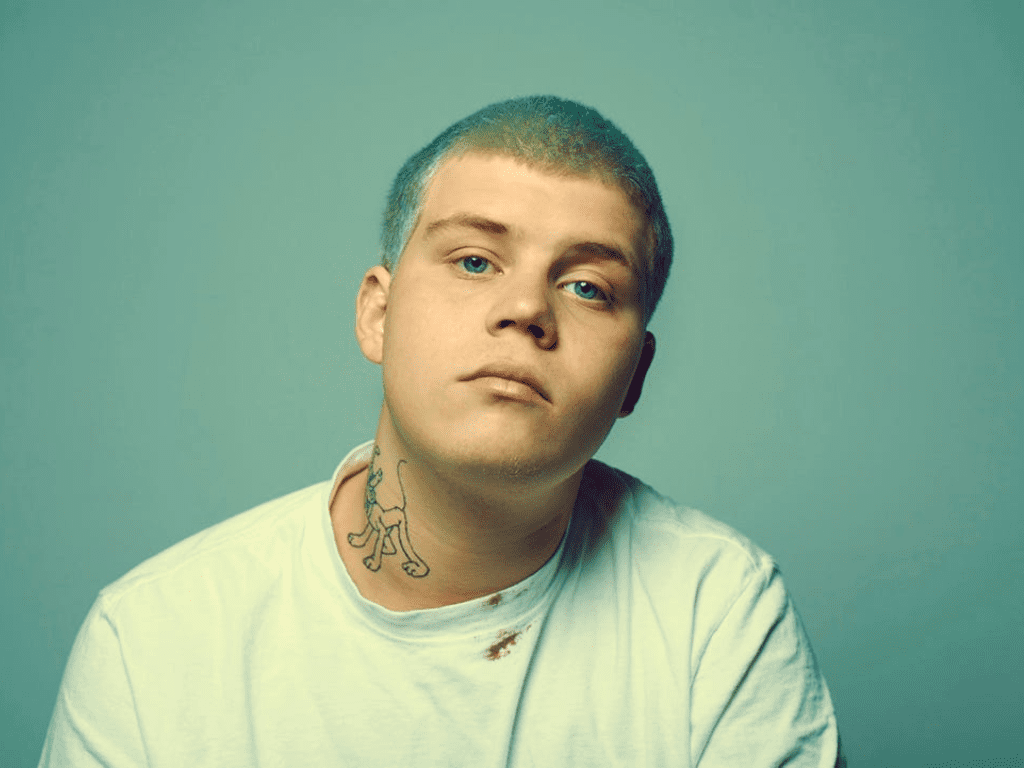
Swedish trailblazers Yung Lean and Bladee join forces for the first time on a full-length project, Psykos. The album marks a departure from their signature sound, embracing a sincere exploration of alt-rock and post-punk influences.
Despite a longstanding creative partnership and the collaborative spirit of their Drain Gang collective, Lean and Bladee have never released a full album together until now. Psykos dives headfirst into an alt-rock and post-punk soundscape, a step forward that also evokes their artistic genesis. “Ten years, blood, sweat, and love, still standing tall,” croons Lean on “Golden God,” a sentiment that reflects on their enduring creative bond.
Their sound on Psykos is a natural extension of their experience, a reflection of a life spent touring and existing in a state of liminality. Lean’s foray into schmaltzy Thin White Duke territory on last year’s Sugar World continues here, with Psykos presenting a more Ian Curtis or Robert Smith-inspired vocal style. This introspective approach aligns with the album’s thematic exploration of the trauma associated with touring stardom. The title track, “Golden God,” evokes the perils of early fame, referencing Almost Famous, another story of a young artist grappling with the dark side of success. The anthemic “Sold Out” finds the duo lamenting lost youth, singing “I killed my youth/I watched it fall.”
Psykos opens with “Coda,” a tender eulogy delivered by Bladee, a stark contrast to his usual ethereal presence. The album strips away the usual Drain Gang aesthetics, replacing them with a stark, Zen-like nihilism that finds solace in introspection. Bladee’s vocals on “Still” are ambiguous, blurring the lines between suicidal ideation and a leap of faith with the lyrics “make the jump without wings.”
The guitar work on Psykos evokes the atmosphere of Eno-produced U2 or early Coldplay, albeit with a woozier and more dissociative feel. Producer Palmistry’s influence is undeniable, with the album’s dissociative quality mirroring his own struggles with psychosis during the recording sessions in Thailand. The title itself, scrawled by Lean on a leather jacket, is a direct reference to this shared experience. In interviews described as “group therapy sessions,” Lean, himself a survivor of psychosis, gently teases Bladee about his behavior, drawing on his own experience with schizophrenia. Lean compares enduring psychosis to the trauma of war, where your own mind becomes the enemy.
Despite the darkness that fueled its creation, Psykos ultimately celebrates resilience and triumph. Lean and Bladee have matured as artists, honing their voices and intentions with each release. Witnessing their artistic evolution is a reminder that musicians are not just performers, but human beings grappling with growth and vulnerability. Psykos sheds the layers to reveal the frightened child beneath the surface, a testament to their shared journey.


